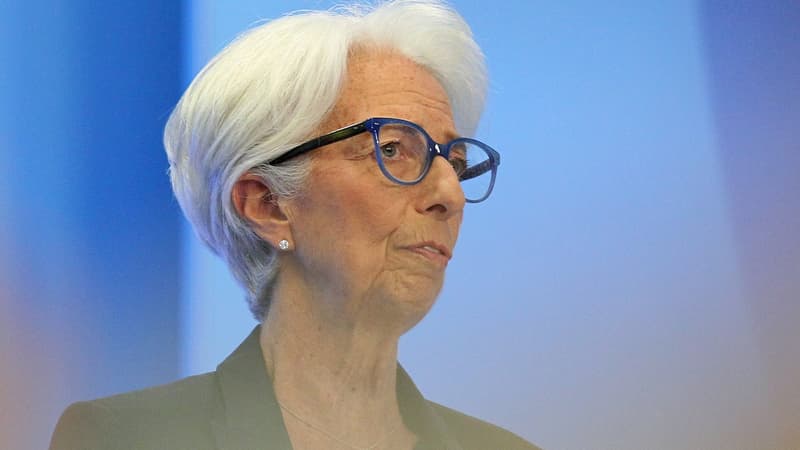The recent banking crisis should not imply a cut in rates by the European Central Bank to protect economic growth, its president, Christine Lagarde, commented this Sunday, considering it essential to observe to what extent banks are tightening credit conditions or not.
“We don’t have to cut (rates). We’ll see. Because we really have to gauge what will come out of these recent financial events,” the ECB president said in an interview with CNN. “What impact will they have? How will banks react? How will they assess risk” and continue to lend money to businesses and households, Christine Lagarde continued.
Avoid a bipolarization of the world economy
The ECB president was in Washington for the spring meetings of the IMF and the World Bank, which end this Sunday. Asked about the global economy, she was optimistic: “There is a recovery. This is, I think, a point that was not obvious just six months ago when we all expected a recession, not just a technical one.” However, “the path is narrow and requires governments and central banks around the world to adopt the correct policies.”
He also warned about the risks of a fragmentation of the world economy into two blocs, one facing the United States, the other facing China: “the decoupling and bipolarization of the world would lead to an economy with lower growth, less prosperity in the world, more poverty (…) It is something that must be absolutely avoided”.
Worried about US default risk
He also expressed alarm at the global consequences of a US default if the US Congress fails to raise the debt ceiling. “I just can’t believe they let such a serious disaster happen. (…) I understand politics, I’ve been a politician myself. But there comes a time when the best interests of a nation must prevail,” added Christine. Lagarde, who served as France’s finance minister.
The United States must periodically increase, through a congressional vote, the government’s borrowing capacity, an increasingly politicized vote. Without a deal between Republicans and Democrats, the United States could be in default this summer, an unprecedented situation.
Source: BFM TV


